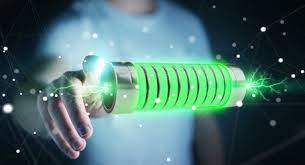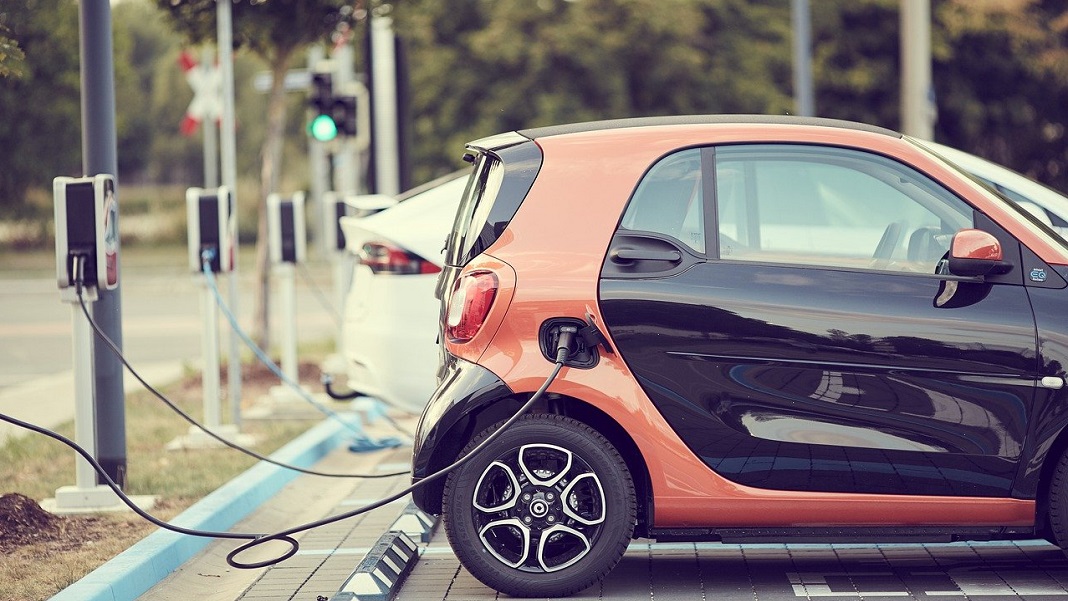
The battery uses solar power generated by crystals that emit light when they absorb radiation.

Batteries based on the wave-like nature of charged particles could revolutionize energy storage, potentially cramming in more power at a faster rate than conventional electrochemical cells could ever hope to manage.

Researchers at RMIT University find a way to replace the electrolyte in lithium-ion batteries with water, an innovation that could remove the fire risk entirely.

Scientists have now demonstrated how weirdness can be harnessed to charge a quantum battery.

Italian researchers have created the first-ever rechargeable battery from food ingredients. This invention could potentially power small diagnostic devices used to internally diagnose health conditions.

There was a time, not so long ago, when computers occupied entire rooms. Today, some processing units can come as small as a few specks of dust.

Finnish researchers have developed a year-round, 24/7 energy source in a battery made of sand to store heat at 500 degrees Celsius for several months at once.

Israeli startup StoreDot announced it had manufactured the first batteries that can be charged in just five minutes. They replace the graphite electrode in lithium-ion batteries with one made of semiconductor nanoparticles.

U.S. physicists has successfully developed a circuit capable of capturing graphene's thermal motion and converting it into an electrical current. This could provide clean, limitless, low-voltage power for small devices.

The world's first commercial liquid air battery project, CryoBattery, planned for Trafford, Greater Manchester will help UK to make the most of the energy generated from its world-class solar and wind sectors.

Chinese company CATL says it has new battery technology that lasts up to 2 million kilometers and 16 years—and it’s ready to manufacture the batteries on demand. The battery could power a car for 50 trips around the world.

IBM announced that it has a new battery technology that can charge quickly, has low flammability, and doesn't contain any heavy metals so it's more environment-friendly compared to lithium-ion batteries.

This quantum battery is a tiny, nano-size battery meant to be used for applications on the nano scale but the research provides a theoretical demonstration that creating a loss-free quantum battery is possible.

Imagine not having to charge your phone or laptop for weeks. Fluoride-based batteries have the potential to last up to eight times longer than those in use today.

A new type of battery developed by researchers at MIT could be made partly from carbon dioxide captured from power plants.